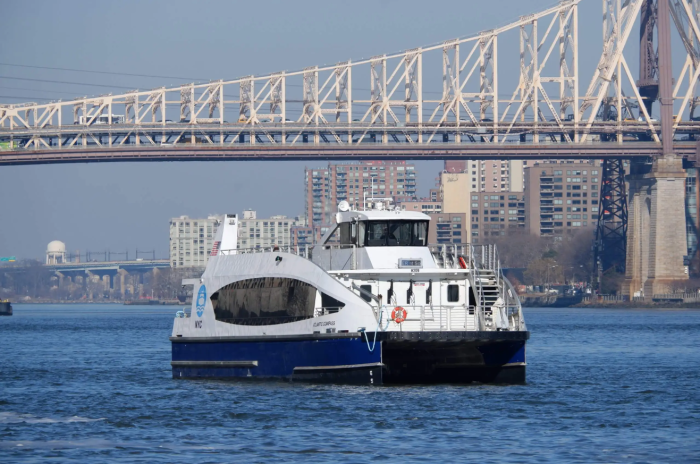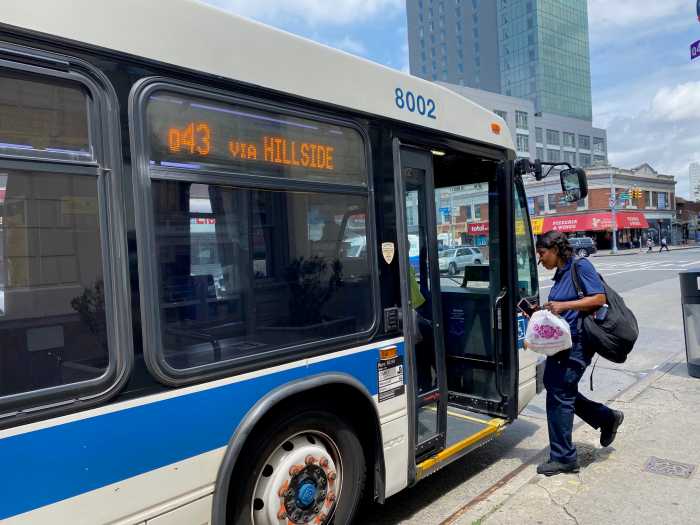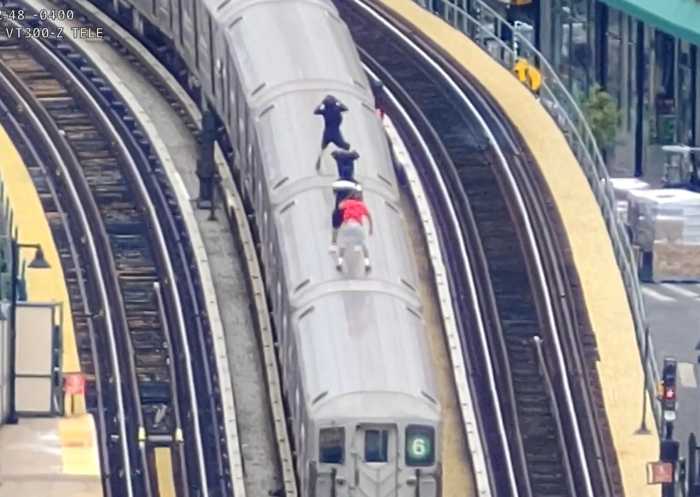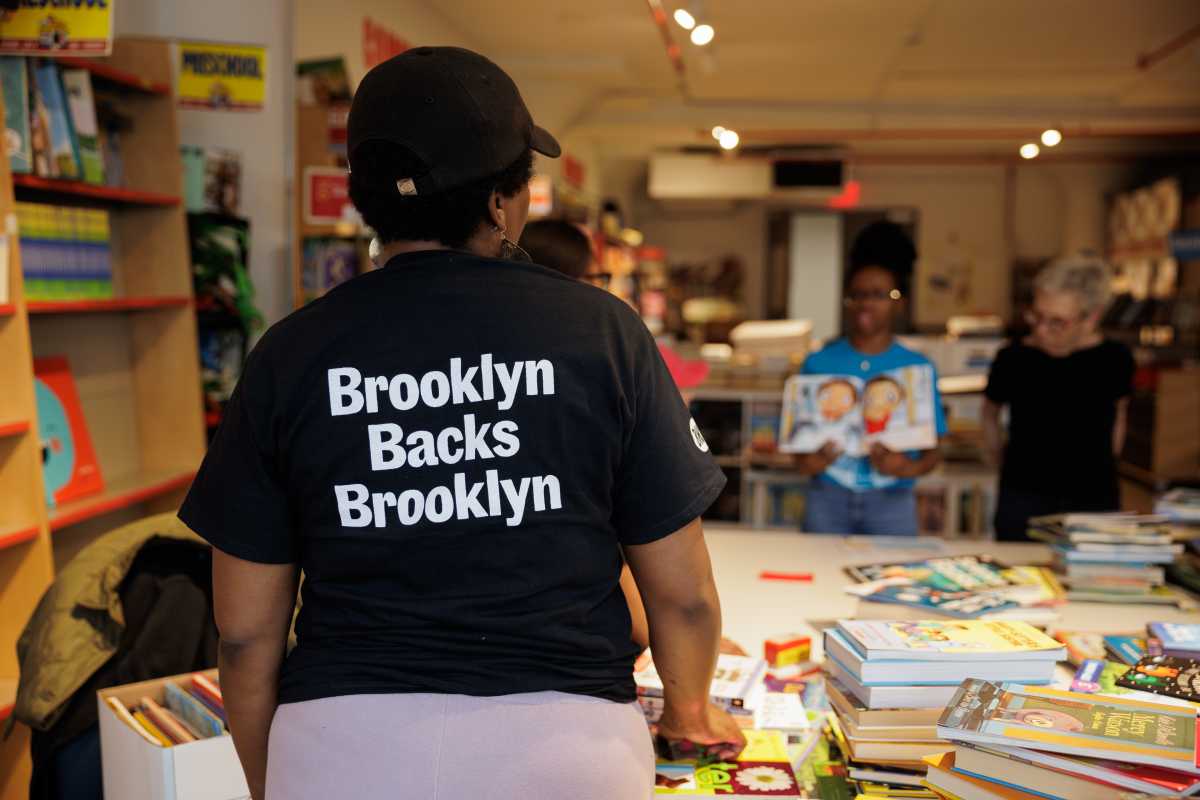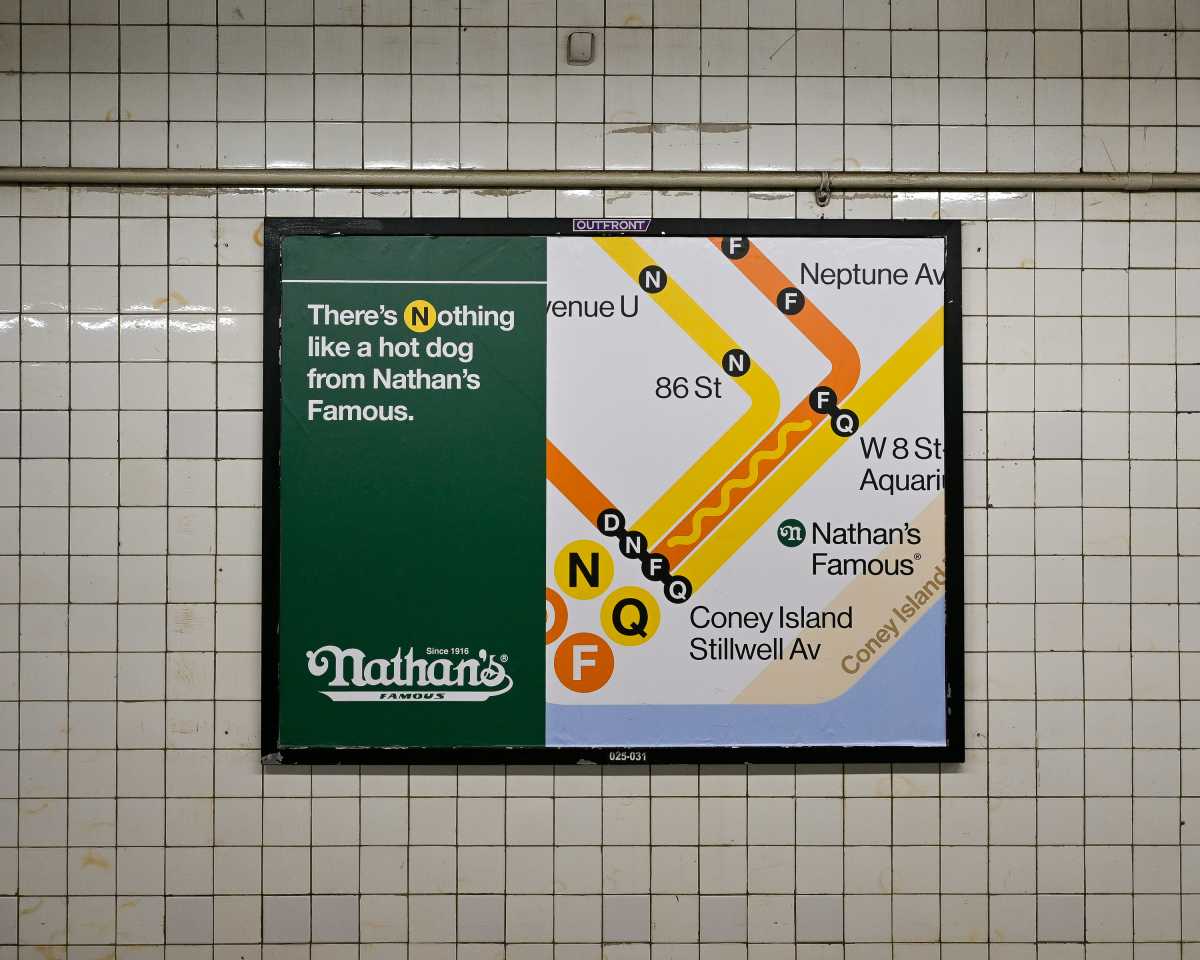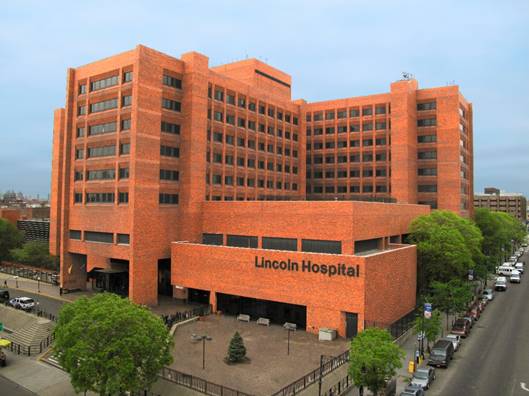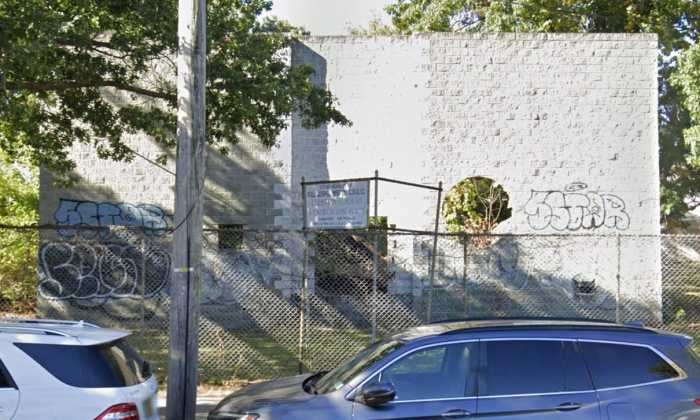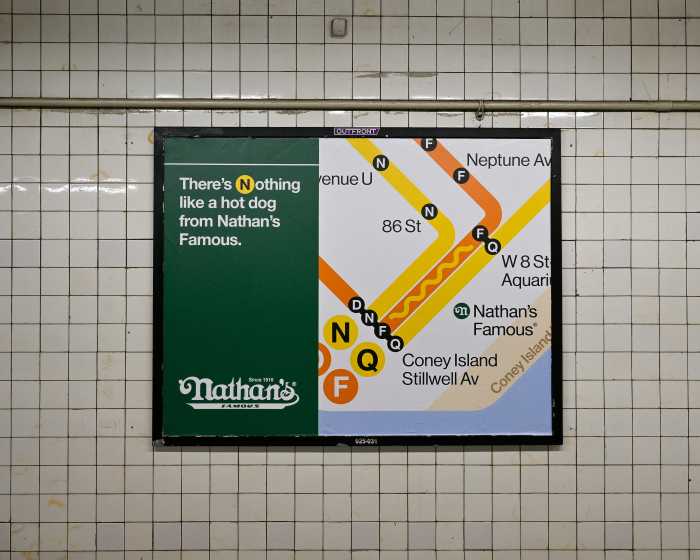Challenged over its “unfair” policing of subway turnstile jumpers, the NYPD is facing pressure to make its fare evasion data more transparent.
Queens City Councilman Rory Lancman said Wednesday his office is drafting legislation that would require the NYPD to publish quarterly stats and demographic information relating to those who are arrested or given summonses for evading MTA fares, an offense the department classifies as “theft of services.”
“The data that we believe will be produced as a result of this legislation will show how unfair the city’s prosecution of fare evasion is and the disproportionate impact it has on communities of color,” Lancman said outside the City Hall R train station, flanked by the Community Service Society of New York and legal service providers from the Bronx and Brooklyn.
Last year, the NYPD arrested 24,591 people for theft of services and issued 67,166 civil summonses for the offense, according to police data. Those numbers are trending upward this year — there were 6,217 arrests for theft of services in the first three months of the year, a 16.7% increase from the same time period last year.
And 90% of the people who were arrested for the offense between Jan. 1 to Feb. 15 of this year were either African-American or Latino, according to data from the Community Service Society.
The issue is coming to a head now for two reasons. First, President Donald Trump’s deportation rhetoric has heightened fears that arrests for turnstile jumping could lead to the deportation of immigrants, documented or undocumented, Lancman said.
The other reason relates to what advocates describe as the city’s criminalization of poverty. Fresh off an MTA fare hike, advocates from the groups Riders Alliance and the Community Service Society have called for Mayor Bill de Blasio to subsidize half-fare MetroCards to low-income New Yorkers under a “Fair Fares” campaign.
Even though the administration’s own recent poverty report outlines that commuting expenses have the second-highest impact on raising NYC’s poverty rate, after medical expenses, it has declined to fund the proposal, which would cost about $200 million a year and make MetroCards available to the 800,000 New Yorkers living at or below the federal poverty level.
“This is Victor Hugo all over again — stealing bread and chasing people,” said David Jones, a MTA board member and CEO of the Community Service Society, who supports the legislation. “We think, frankly, that if you remove some of the tension of people not being able to pay for the ever-escalating cost of transit, that we would drop these numbers dramatically.”
Jones had asked the NYPD to include farebeating data in the department’s crime report presented to the MTA’s board each month, which outlines how many crimes are committed in the transportation agency’s network. As the NYPD dragged its feet on the request over several board meetings, Lancman felt it was appropriate to legislate the issue.
The NYPD said it’s “more transparent now than any time in its history and we look forward to reviewing the bill to determine if we are able to capture and provide this data in the way the bill envisions.”



